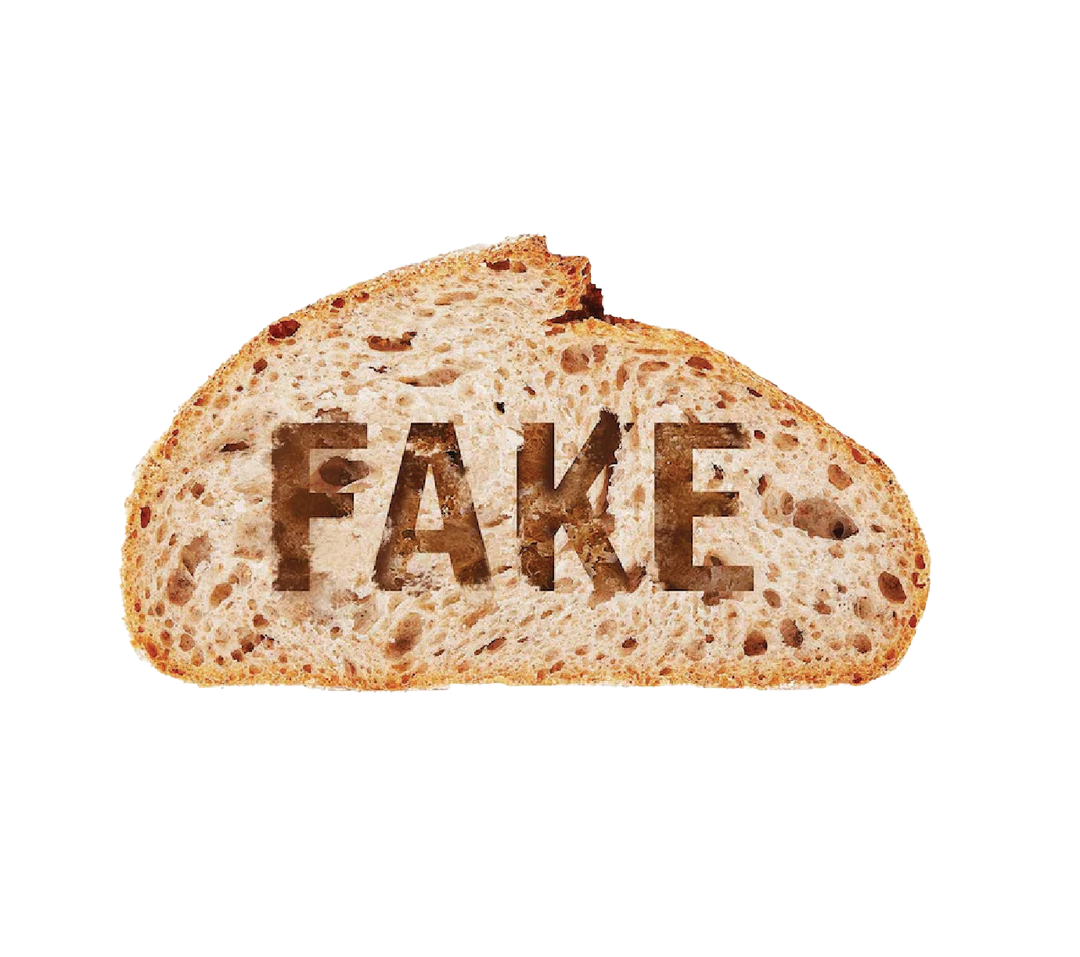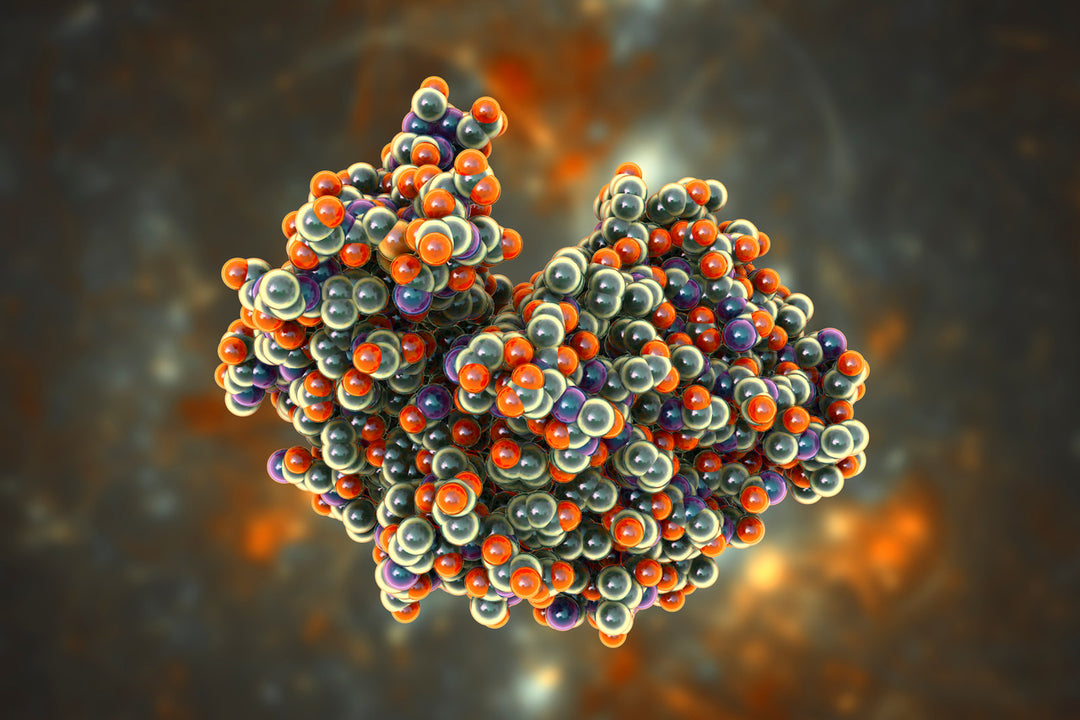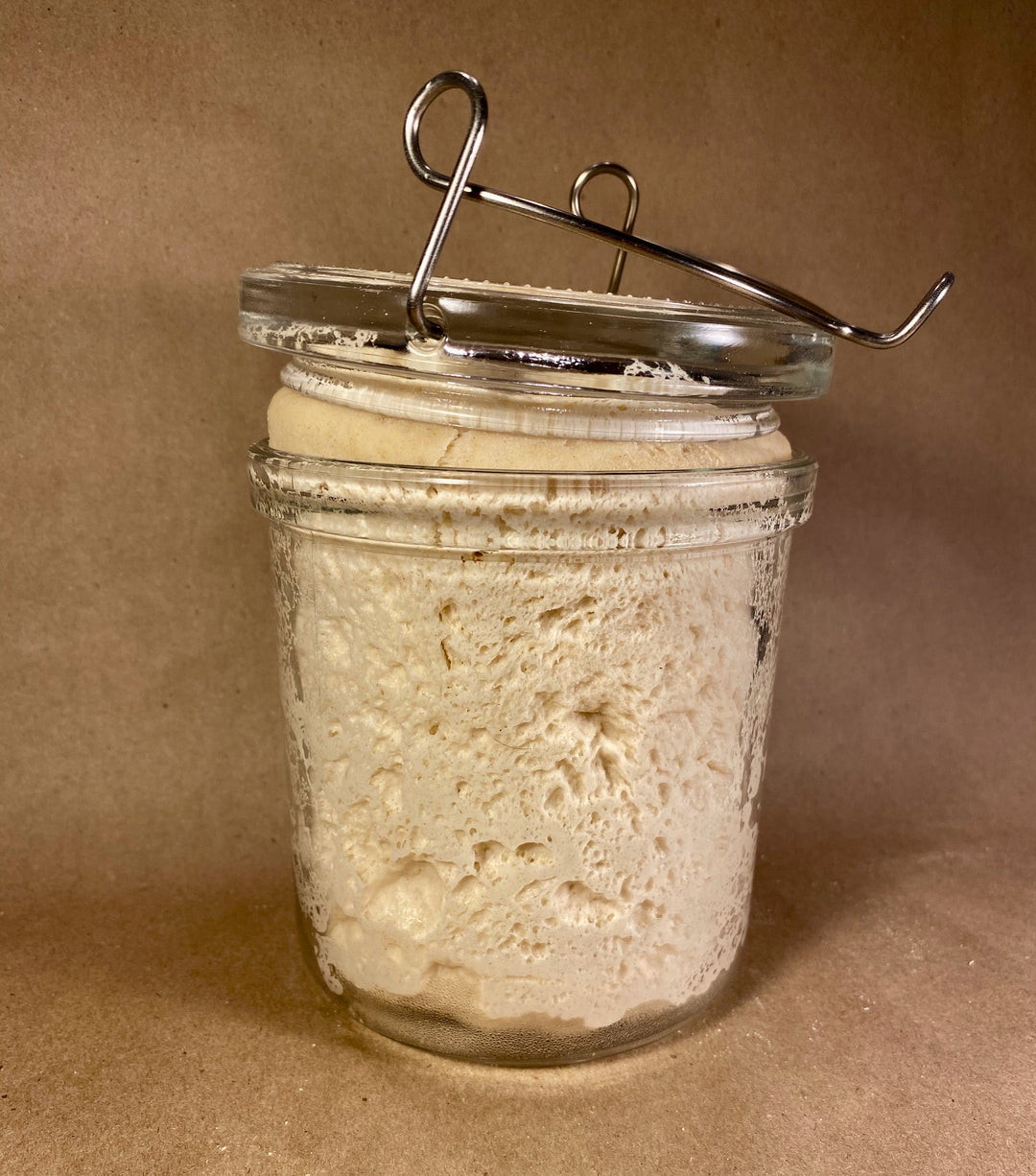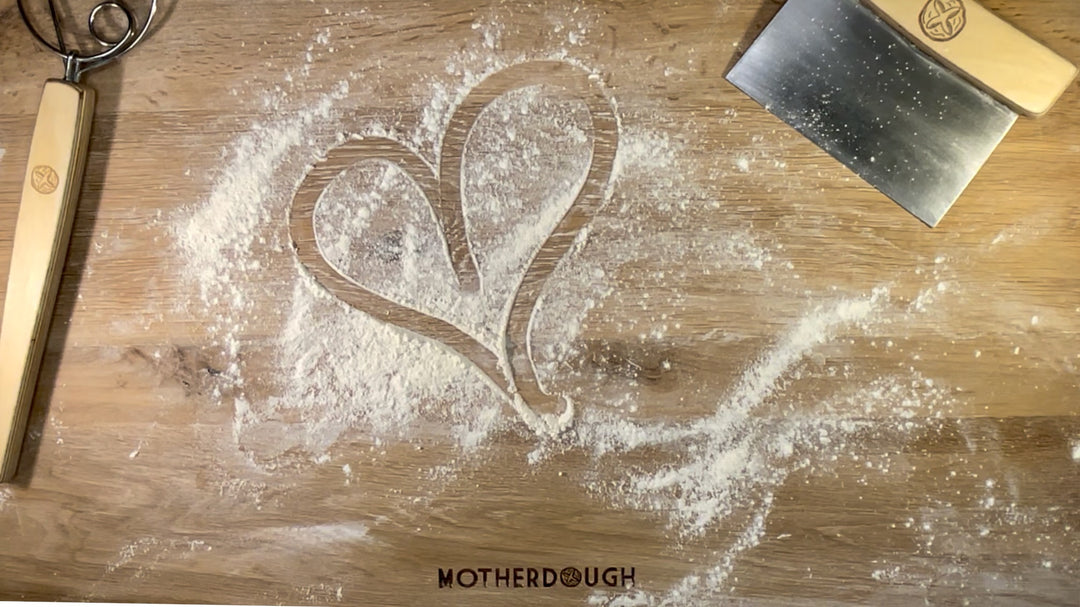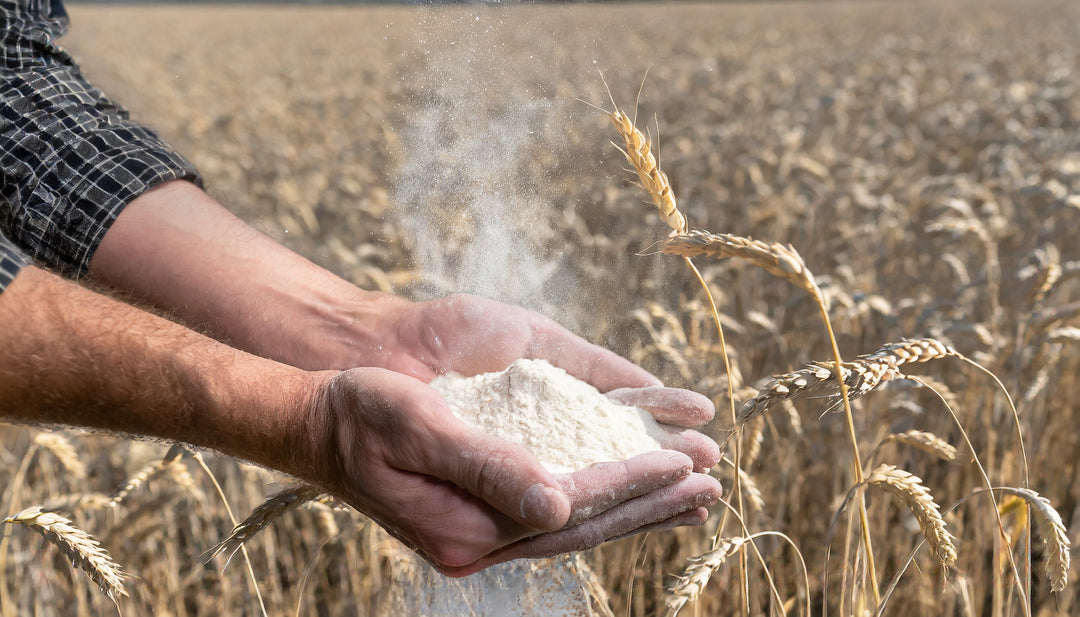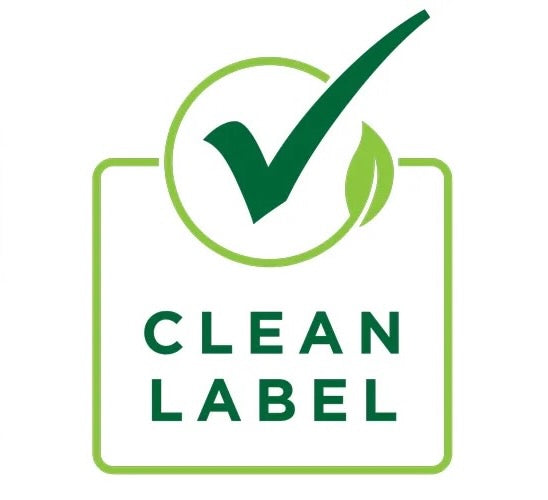What's in a starter?
A sourdough (starter) is a complex colony of yeast and bacteria. They produce enzymes and break down elements in the dough producing gas and various other substances.
Yeast produce CO2, alcohol and enzymes. They break down the starch and sugars in the dough. The yeast could not survive without the bacteria maintaining an acidic environment.
Lactobacillus produce lactic acid, which we perceive as a pleasing creamy sour taste. Cultures contain other bacteria (acetobacter) that produce vinegar. The bacteria also produce enzymes.
The “sour” acidic environment in the sourdough starter is extremely important for the health of the starter, proper fermentation and the different enzyme reactions that take place in the dough.
More importantly, below a certain pH level (measure of acidity) bad bacteria, mould, undesirable yeasts and other organisms die. At the same time other undesirable microbes die in the presence of ethanol produced by the yeast. This means that the bacteria, by producing acid, and the yeast, by producing ethanol, create a type of immune system for the starter to keep it healthy and free of harmful organisms.
|
Bacteria: These bacteria are from the same families of bacteria used to make yogurt, cheese, kimchi, pickles and other fermented foods. Convert the alcohol produced by the yeast into an acid. The acid creates positive conditions for the yeast. They release important enzymes for a number of different processes. |
Yeasts: Consume simple sugars created from the breakdown of starch in the flour, they produce gas (CO2) and alcohol. Yeasts also release enzymes primarily to break down starch in simple sugar. Yeast in a sourdough starter thrive in an acidic environment, which is important for many of the enzyme reactions to occur. |







